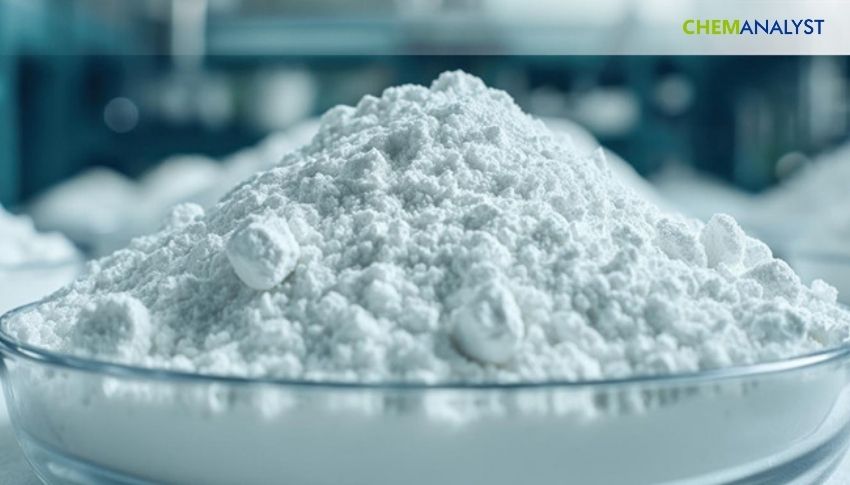Welcome To ChemAnalyst

In June 2025, the U.S. Tartaric Acid market saw a sharp price surge followed by a steep correction. Prices rose early due to tariff relief, increased import activity, and high freight rates, with strong demand from food and pharmaceutical sectors. However, mid-month brought slowed bookings, softer logistics costs, and demand normalization. Prices stabilized by June 20, with expectations of a steady near-term market barring further trade or supply disruptions.
The US Tartaric Acid market saw a steep price correction in June xxxx after an early-month rally due to changing trade policy, normalization of logistics, and changing patterns of demand influencing the dynamics of the market.
After starting the month on a high note at USD xxxx per metric ton CFR New York on June x, prices plunged by -xx.xxx to USD xxxx on June xx, before stabilizing marginally at USD xxxx by June xx.
The initial spike in Tartaric Acid prices during the first week of June was driven by a combination of intensified import activity and elevated shipping costs. Temporary tariff relief on Chinese products encouraged U.S. buyers to front-load their procurement schedules. At the same time, ocean carriers implemented General Rate Increases (GRIs) on transpacific routes, pushing container rates significantly higher. These factors converged to increase the...
We use cookies to deliver the best possible experience on our website. To learn more, visit our Privacy Policy. By continuing to use this site or by closing this box, you consent to our use of cookies. More info.
